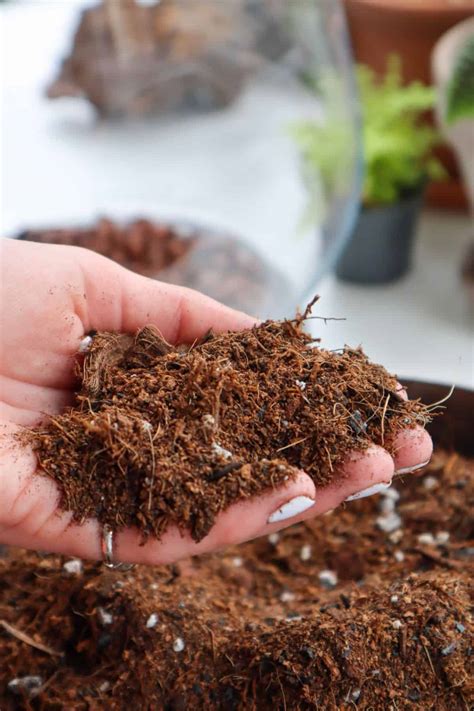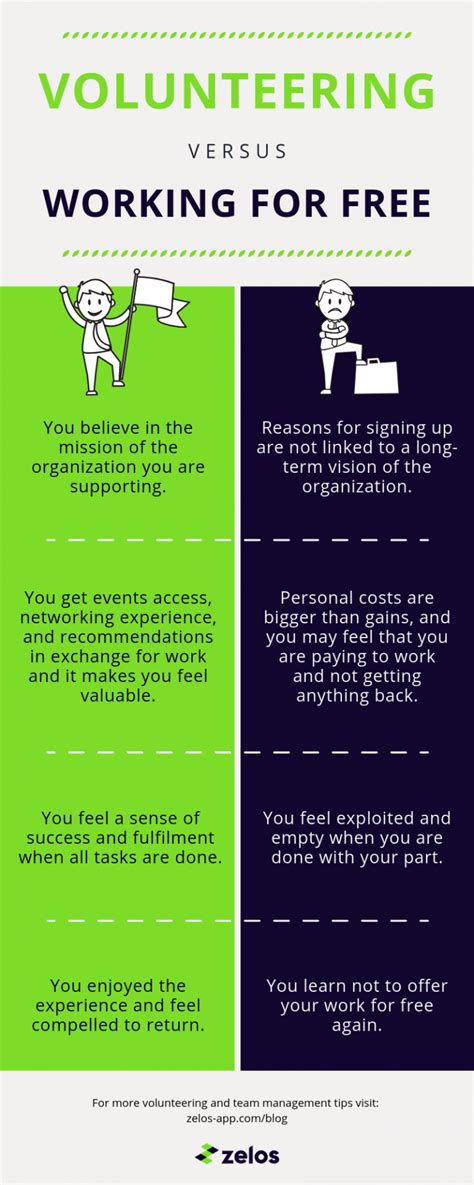Introduction

The world of animal care and conservation offers a wide range of opportunities for those who want to make a difference in the lives of birds. Two common paths in this field are bird fostering and volunteer work. While these roles share some similarities, there are also key differences to consider.
Bird Fostering
Bird fostering involves providing care and shelter to sick, injured, or orphaned birds. This often requires specialized knowledge of avian care, as well as a dedicated space and equipment. Fosters play a vital role in rehabilitating birds so they can be released back into the wild.
Key Responsibilities of Bird Fosters:
- Administering medications
- Providing proper nutrition
- Maintaining a clean and safe environment
- Monitoring health and well-being
- Preparing birds for release
Benefits of Bird Fostering:
- Provides hands-on experience with birds
- Contributes to the conservation of avian species
- Develops a deep understanding of avian care
- Offers a sense of fulfillment from helping animals in need
Volunteer Work
Volunteer work in bird conservation can encompass a wide range of activities, such as:
- Habitat restoration: Planting trees and removing invasive species to create and improve habitats for birds.
- Bird monitoring: Collecting data on bird populations, distributions, and behaviors through surveys and observations.
- Education and outreach: Educating the public about birds and promoting their conservation.
- Advocacy: Working with policymakers and organizations to protect bird populations and their habitats.
Benefits of Volunteer Work:
- Supports bird conservation efforts
- Contributes to scientific research
- Raises awareness about birds and their importance
- Provides opportunities for community involvement
Bird Fostering vs. Volunteer Work: Key Differences
| Feature | Bird Fostering | Volunteer Work |
|---|---|---|
| Primary Focus | Care of individual birds | Conservation and research |
| Required Skills | Avian care, rehabilitation | Variable, depending on task |
| Time Commitment | Variable, often significant | Flexible, typically less intensive |
| Physical Demands | Can be physically demanding | Typically less physically demanding |
| Financial Implications | Fosters typically provide supplies and equipment | Volunteers may incur expenses for travel or supplies |
Choosing the Right Role for You
The best role for you depends on your interests, skills, and time availability. If you have a passion for caring for individual birds and are willing to commit to a significant time investment, bird fostering may be a fulfilling option. However, if you prefer a more flexible and varied experience that contributes to broader conservation efforts, volunteer work may be a better fit.
Bird Fostering in 2025 and Beyond
The field of bird fostering is constantly evolving. In the next few years, we can expect to see advancements in:
- Virtual support: Fosters will have access to online resources and support groups for guidance and advice.
- Specialized equipment: New technologies will improve the care and rehabilitation of birds, such as incubators and feeding devices.
- Breeding programs: Captive breeding programs will play an increasingly important role in preserving endangered species and maintaining genetic diversity.
Volunteer Work in 2025 and Beyond
Volunteer work in bird conservation is also expected to grow in the coming years. As the need for conservation intensifies, organizations will rely more heavily on volunteers to fill crucial roles.
- Citizen science: Volunteers will play a key role in collecting data and monitoring bird populations through citizen science initiatives.
- Habitat restoration: Volunteers will continue to be essential for restoring and creating habitats for birds.
- Education and outreach: As public awareness of bird conservation grows, volunteers will be needed to educate the community and inspire action.
Conclusion
Bird fostering and volunteer work are both meaningful ways to make a difference in the lives of birds. By understanding the key differences between these roles, you can choose the path that best suits your interests and abilities. As we move into 2025 and beyond, the need for both bird fosters and volunteers will continue to grow, providing ample opportunities to contribute to the conservation of these magnificent creatures.





















